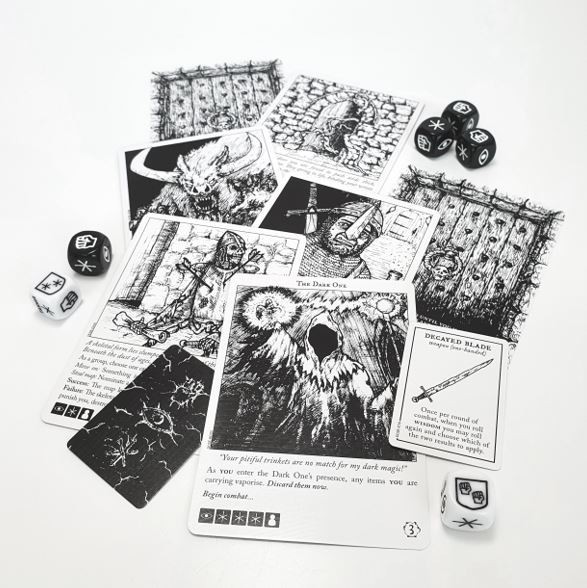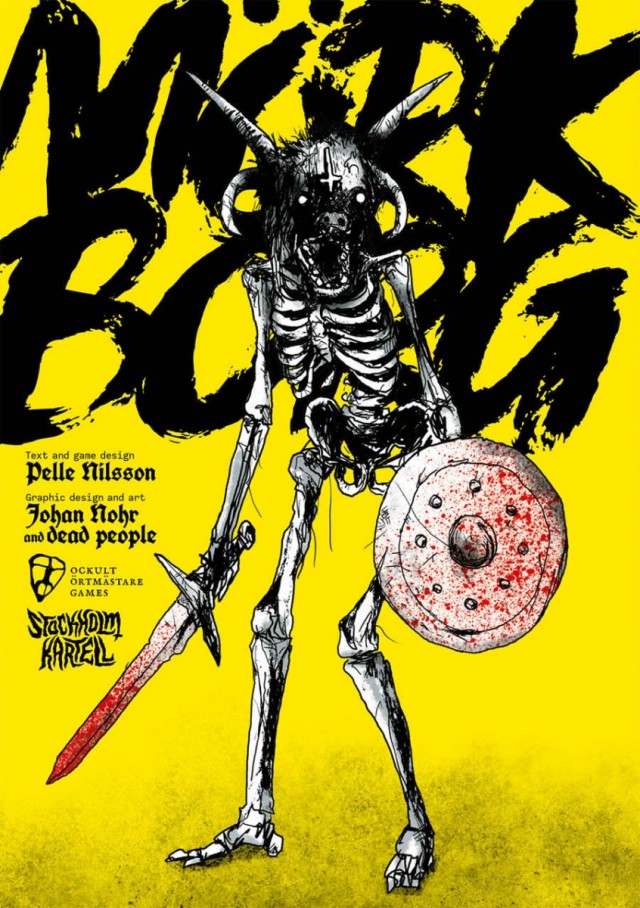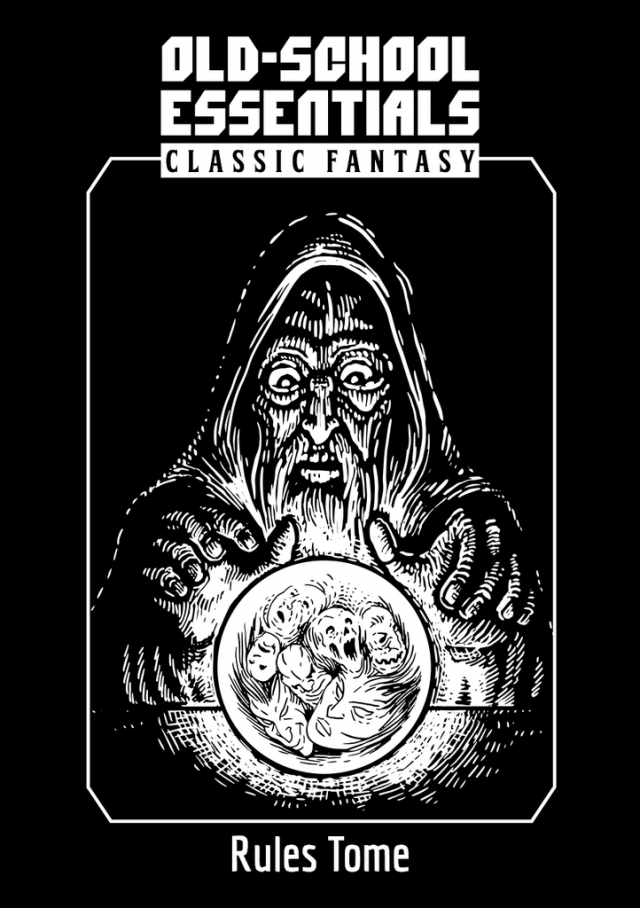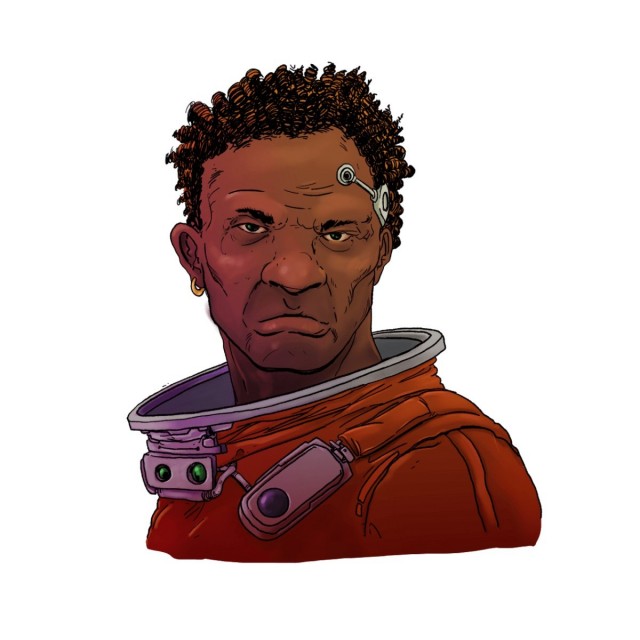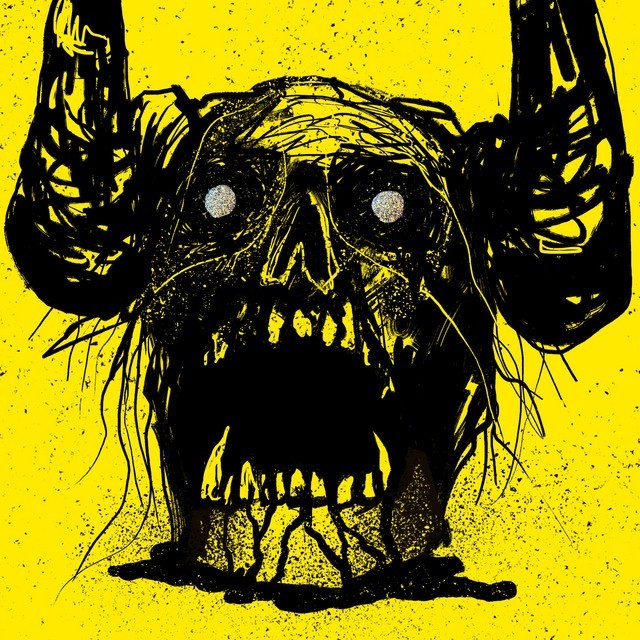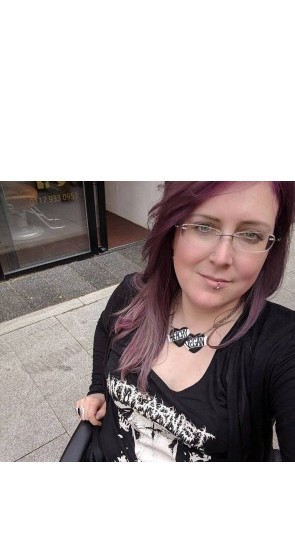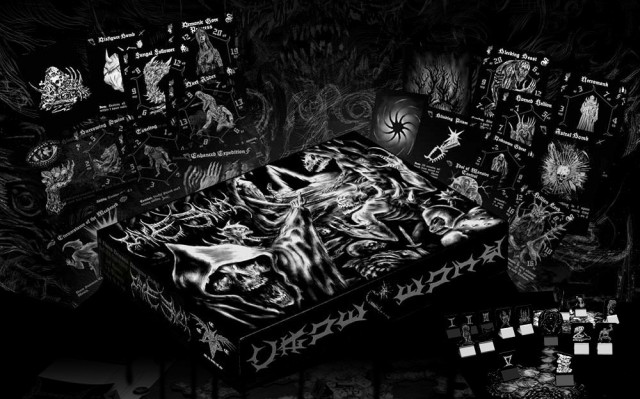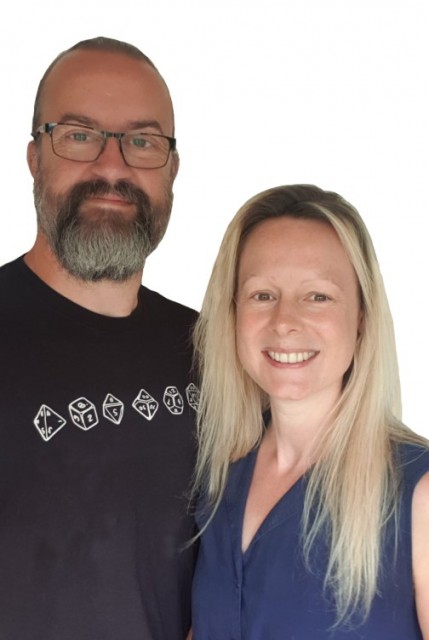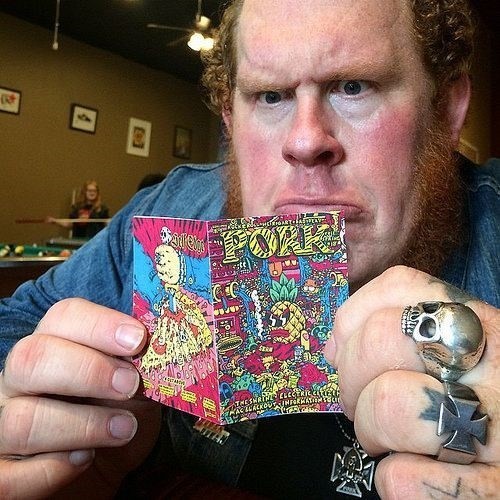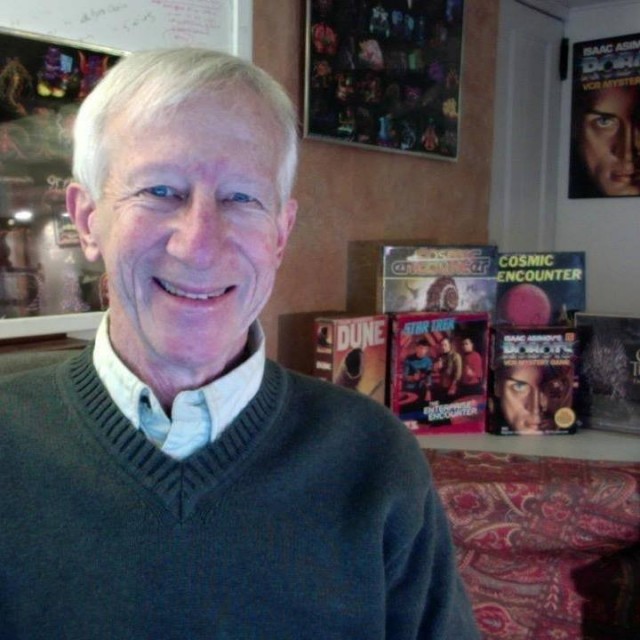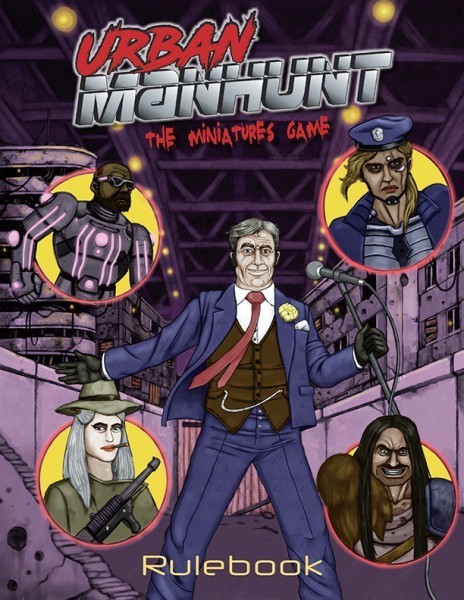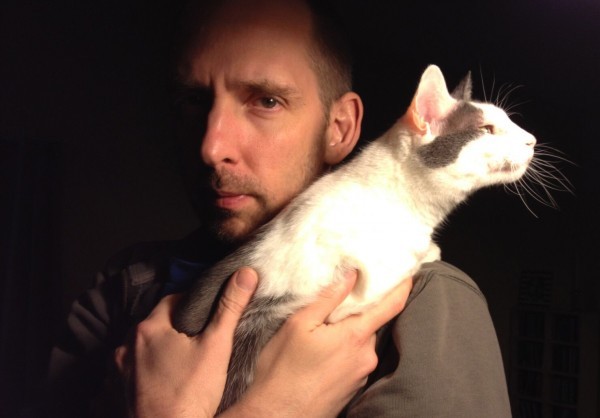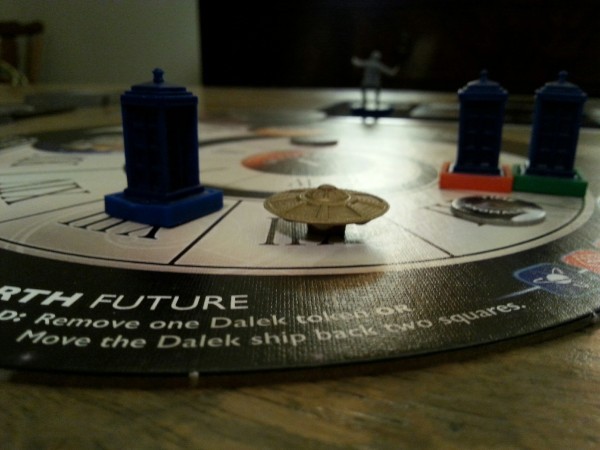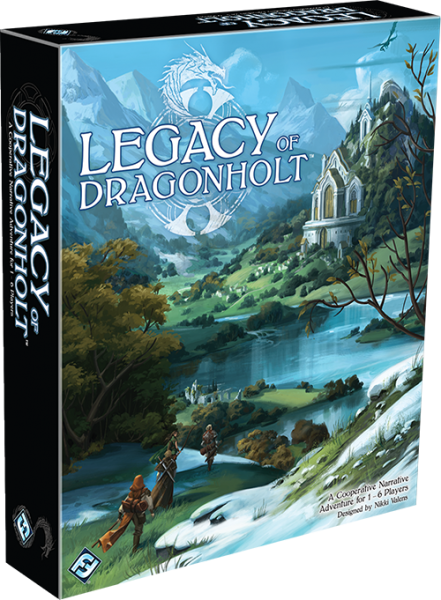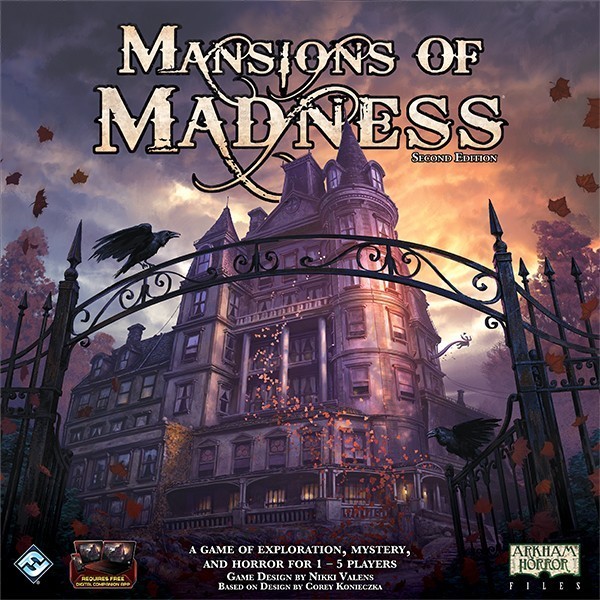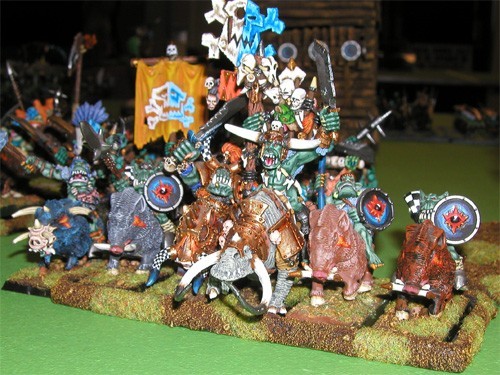It's well known among my gaming circle that I generally hate economic games.
The majority of them generally revolve around moving generic cubes around railroad tracks or shipping slaves from one colony to the next. BORING! Cripes, even the word economics makes me heavy with sleep.
A few months back, our fellow FATtie Jur compiled a list of upcoming and potentially interesting AT games and while perusing it I saw the game After Pablo on it. The short of it? Pablo Escobar the notorious drug lord is dead and each player takes the role of a cartel head, vying for control of Escobar’s lucrative drug trade. It’s a crime economic game where are you buying, smuggling and selling cocaine. SIGN ME UP!
I wanted to find out more about the designer Nate Hayden, his company Blast City Games and what led him to create this and his other crime economic game, San Quentin Kings, so I hired a private investigator and hunted his ass down to arrange an exclusive interview for the Fort. (Actually, I just Skyped him.)
Anthony Santiago: Hey Nate, thanks for doing this. So first off, can you tell us a bit about your gaming background? What got you into playing games?
Nate Hayden: When I was a kid my family liked to play board games a lot together. I remember I really enjoyed playing board games like Risk and I remember this one game called, Go For It! that we played all the time. Some other games I remember loving was this Slime Monster Game.
AS: Is that the one that came with the slime in a plastic can?
NH: Yeah, the gooey stuff and you slime people in the city. I loved playing novelty games like Mousetrap, Operation and stuff like that. I also explored a little bit of D&D. I’d say more recently is when I really got more into gaming. In 2000 these friends started playing Risk, and I noticed how it was a great experience and one that I kind of missed. Around that time I went into a game store and realized how far games had come. I was blown away and I wanted to explore what it was all about.
AS: What was the first game you bought at that point?
NH: Oh man, I went purely on theme and I bought Zombies!!! I enjoyed that we got together to play a different kind of game but at the same time I thought it was kind of a crappy game. At that time I began to realize a lot of these games are really cool, with themes but the game play may not be what’s advertised. Zombies!!! was cool in a simple way but didn’t feel as immersed in the game as much as I wanted to.
AS: At what point did you decide that you wanted to not only design a game but start a game company as well?
NH: It was a bit of a fluke because I didn’t really think I would design games. In fact I never had any aspirations to design, when I got into gaming. I remember thinking that I’d ruin the enjoyment of playing them by becoming very critical of them from a designer’s point of view.
AS: When did that change?
This guy Keith Meyers, a game designer, moved from Denver, Colorado to Santa Barbara and he was going to all these game groups and he offered this class on how to design games at a local college and I thought “ That‘s pretty cool.”, so I took the course. I learned a lot about the process in making a game. Even tough it freaked me out a bit, I also learned if really want to make a game, you have to get use to the play-testing process.
The good thing was that I didn’t become what I was afraid of; which was being hypercritical of games and that I still really enjoyed playing them.
AS: During your game design course, where did the idea to take familiar Eurogame mechanics (the ones used in a plethora of medieval castle-building games) and apply them to a game based around the economy of a prison?
NH: This is sort of a two-part answer:
First, I'd say the general mechanical form of the game came all at once. During the class, we needed a final assignment that we'd take through a development process. I was working on a couple things and could have driven forward with one of those, but around the same time I was speaking to the boyfriend of a friend of mine. He had just been released from prison after a 10 year sentence. He was young when he entered (around 16) and spent all his formative years in prison.
He would tell me different details every evening around this time, and sort of laid out the whole gang hierarchy, how each member had his own function. A key pattern in all his tales was an over looming fear dictating everything, and an entire economy with it's alpha qualities being respect. Every function had to be hidden, and if you were caught, your function would cease for a while. It wouldn't stop the gang from functioning, just damper it slightly as the caught member would have to go to solitary.
Anyways, I thought his stories were cryptic, sad, yet interesting and important to note. The press your luck fighting/working mechanic immediately popped up, and goals fell in place.
Secondly, the development of this game was before the Ameritrash revolution. In this darkened age, it was hard to get, what I'd call at this time, 'story' or 'experience' games played. They had cooler themes, but were longer, or considered older designs, not the newest neatest designs. It was frustrating times. Groups generally catered to Euro game designs. I liked these as well, but often I felt lied to regarding themes and experiences I thought I purchased. If the game play was very good, I was forgiving and could pretend games like Ra were really about Egypt and stuff. But sometimes I'd be kind of pissed that the game didn't really give me the experience advertised. Both my main core of gaming friends and I had this frustration. We liked the game play of Euros but the themes were sometimes either painfully non-existent or kind of boring. San Quinton Kings was partly a reaction to that climate I think, but I also thought it was an important story to game.
AS: Where did the idea for After Pablo come from?
NH: It sort of grew from the initial experience of watching No Country for Old Men. I thought it was great the Coen brothers made a modern western in the style of Sam Peckinpah. Naturally it was probably more related to the book, but the style reminded me of the great Peckinpah style. I remember watching it and I felt really bad [SPOILER ALERT], that the Brolin character and his wife had to die .[/END SPOiLER] I thought, ' what does a drug cartel care about a a few bucks lost from a deal.' I sort of meditated about why a cartel cares so much about a little bit of lost money, and the idea of how a snitch/thief vs assassin were a minor cog of a much greater machine. The modern western as drug cartel story really intrigued me, and I thought both those elements hadn't been explored in gaming.
I began to study the different functions of a cartel, and would read various articles on the subject. Maybe the SQK development had an influence on the process, but I found reading interviews with cartel members most valuable. They would layout what their particular function was. For instance, the documentary 'Cocaine Cowboys' primarily explores the American distribution angle. I was more interested in going from the plant as a crop to the American distributor and the politics of that process. The American distributor to the dealer is even a larger story, but I focused more on the cartels and smuggling aspect.
AS: What kind of research did you do?
NH: In those two games I did quite a bit of research. Mostly article reading, in some cases interviewing. Other games I've been building have different approaches. If the idea is fiction, I'll usually think for days and months about what functions the experience has, and then slowly try to relate what are the mechanics of that experience.
AS: What were your playtester's reactions to the idea of buying and smuggling coke in a game?
NH: My main testing groups were all really fantastic and encouraging. I think the first reactions are sometimes giggly. But once that is giggled about they usually sit down and try to really play the game. I think they're cool with it. Geez, I don't know.
Board gaming can be a sensitive issue for folks. I have seen people feel uncomfortable about the subject. I thought this was weird because there are popular TV shows about crime, movies about crime, books about crime, even major hit video games and gaming apps about crime. For a long time I didn't understand why I was getting a strange reaction from some.
I think board gaming and role-playing just might be the best form of escapism around. When board gaming (if the game is good) I fall into the role of whatever it is I'm playing and the mechanics begin to speak with sort of a vocabulary to help me better understand the theme. The escapism is so pure that I think reality related themes can be a tough sell. Why think about reality when we can sail on a ship and deliver spices? Modern reality can suck, that I can agree with. But I think the playtest groups enjoy these games as well after a couple turns. The escapism is still there even if it seems like it won't be at first.
AS: As a small game company, how challenging was it to produce both of your games?
NH: I’ve always been driven to do my own stuff. I was also deeply involved with the music scene, which really relied on making your own zines and records and handcrafting certain parts of it.
So in making my first game I really looked to some of the great games like Tahuantinsuyu from Hangman games, Phil Ekland games, early Warfrog games and db-Spiele with Tendix. I mean all these handmade games that I think are fantastic games, you know obviously the components aren’t the standard of what people expect today. To me there was a charm to that; like Hangman games came in it’s own unique box, that immediately clicked with me.
I’m also dealing with a small budget, which means I’m not too worried about debt. I feel there’s a bit of freedom if my games don’t sell, as my financial risk isn’t as high as other game companies.
In fact, it was more expensive producing SQK as I did a lot of things wrong. With After Pablo, I figured out a lot of things and as a result it ended up with better components and cost less to make than SQK.
AS: There have been criticisms over the art you use in your games. Could you tell us about how came up with unique look of your games?
NH: Well... I would agree with some people, in some cases, it is terrible but again I came from the school of making zines and everyone in my circle was doing their own art. It was kinda what you did whether it sucked or not. If you were going to do your own zine you’d have to do all the stuff by yourself.
When I did SQK I really sucked bad; the thing is I couldn’t comprehend how I was going to convince anybody to do the art for me. It was obvious that it was going to be too much to ask somebody to do it as a favour and at the time I couldn’t afford even $50 for a picture [from a stock photography site- AS] so I had to figure out how to do it myself.
When I’m doing my own art it tends to be more abstract and psychedelic so I wasn’t used to drawing people. It was pretty amateur-like, but in a way it fits the themes of the games.
I also wanted to aim for a gritty realism but it was difficult to explain that concept to some of my artistic friends. I wanted it to be as realistic as possible.
AS: It’s interesting you say that ‘cause when I first read about SQK and saw the artwork I thought that it was intentionally made to look as if it was created by an prison inmate.
NH: Yeah, and it definitely doesn’t work for everyone. To me, the criticisms don’t bother me, in fact I kinda get a kick out of them. I completely understand where they’re coming from.
With After Pablo I made a conscious effort to get better, which I think worked. I was trying to challenge myself with different styles, but again it’s still has a very naïve style. In this case some friends did intervene and even my girlfriend did some stuff. Again it all comes down to my budget and by the time I made it to Essen I was almost out of money.
AS: What was the reasoning behind going to Essen and what were you expecting to get out of it?
NH: Ummm, I have no idea…
AS: (laughs)
NH: When I was making SQK, I happened to be looking at the Essen website and I saw that the final sign-up date was in a month or two, this was in 2007, and I thought, jeez I still have some money in my budget left and the booth price was affordable so I thought well, I could try that.
As far as what I was expecting out of it, with the first one I wanted to check it out I figured it would all be learning experience, like going to college for games, I could actually absorb a lot of knowledge and learn what or what not to do. With that trip, I learned a lot about what not to do.
AS: What did this year’s trip to Essen accomplish?
NH: With this one I saved a lot more money. I knew how many games to bring… although I probably didn’t bring enough.
AS: Did you sell out?
NH: Yeah, I sold them out but I learned a couple of things: like independent publishers have to rely on Thursday and Friday to sell their games ‘cuz by Saturday and Sunday people are running out of money and it’s more family-oriented those days. I shared a booth with a couple other dealers, which cut down on the cost considerably.
As far as what was gained from it, I knew that [After Pablo] would be something that some people would like and others wouldn’t. I, personally would like to see more games like this in the market, I’m not going to not put it out there because maybe the majority doesn’t want to see a game like this but there’s probably a minority that would enjoy an adult-themed game. It’s almost like a hobby market within a hobby market.
AS: What was the print run for After Pablo?
NH: I printed 140 games, I sold 70 in Essen and I have the rest here. I should sell enough to put towards the next game.
AS: What is the next game?
NH: It’s called Cave Evil and that’s coming out next year. It’s co-authored with Mat Brinkman and Jochen Hartman and going to be a demonic fantasy themed game.
AS: So will there be more crime economy games in the future?
NH: Yeah, I don’t know if I’ll ever revisit the crime economy thing again, but it’s been a real joy to get into this weird demonic world and I think I could lurk around in this world for a while longer. And I have to say that Cave Evil is largely dedicated to you guys at Fortress Ameritrash.
AS: Cool! Well, thanks Nate for speaking to us. Good luck to you and Blast City Games and I look forward to seeing more of your stuff in the future.
NH: Thanks a lot for the interview.
AS: My pleasure, take care.
NH: You too.
 Games
Games How to resolve AdBlock issue?
How to resolve AdBlock issue? 